Navigating the Digital Oasis: The Rise and Regulation of Influencer Marketing in Dubai
The Gulf region, particularly Dubai, has seen an astronomical rise in influencer marketing, thanks in part to its luxurious lifestyle, iconic skyline, and global appeal. Influencers from around the world flock to the city to create content amidst its opulence and innovation. However, with great power comes great responsibility, and the city of Dubai has taken strides to regulate this burgeoning industry to ensure authenticity, transparency, and accountability.
The Rise of Influencers in Dubai:
Dubai’s allure as a global hotspot has attracted influencers from various domains, including fashion, travel, lifestyle, and tech. Influencers such as Huda Kattan, a Dubai-based beauty mogul with over 48 million Instagram followers, have put the city on the global map of influencer marketing. Kattan’s empire, Huda Beauty, is valued at $1.2 billion, exemplifying the potential success that influencers can achieve in Dubai (Forbes, 2020).
The Need for Regulation:
With the influencer marketing industry projected to be worth $13.8 billion globally in 2021 (Statista), the need for regulation has become increasingly apparent. Unregulated, this industry poses risks of misinformation, lack of transparency, and unethical advertising practices. Recognizing these risks, the Dubai government has implemented regulations to ensure that influencers operate within ethical and legal boundaries.
Regulatory Measures:
In 2018, the National Media Council (NMC) of the UAE introduced regulations requiring influencers to obtain a media license to continue their advertising activities. The license mandates influencers to clearly disclose sponsored content and adhere to advertising standards (National Media Council, 2018). Failure to comply results in hefty fines, ensuring accountability and transparency within the industry.
The Impact of Regulation:
The introduction of regulatory measures has created a more structured and trustworthy environment for influencer marketing in Dubai. Brands and consumers alike can now engage with influencers with a greater sense of security, knowing that there are measures in place to prevent deceptive advertising practices.
Conclusion:
The city of Dubai stands as a shining example of how to balance innovation with regulation. The influencer marketing industry, once a wild frontier, has been tamed through thoughtful policies that ensure ethical practices while still allowing for creativity and expression. As Dubai continues to pave the way, it sets a global precedent for the responsible and sustainable growth of influencer marketing, ensuring that this digital oasis continues to thrive.
